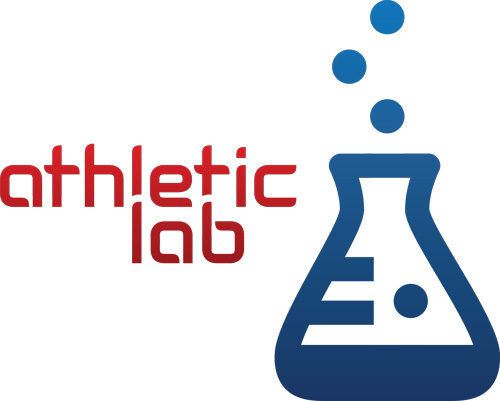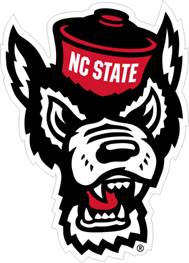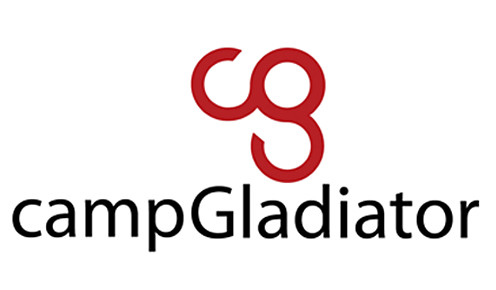Some injuries are worse than others, but athletes suffering their first major injury often have doubts and fears related to getting back to 100%. An athlete’s identity, confidence and self-worth is often tied to his/her sport. Injuries separate the athletes from their teams and take away something very important to them. This can lead to depression, anxiety, anger, fear and loneliness to name a few.
In rehab, the goal is to restore mental and physical capacity for the athlete, otherwise they are more likely to suffer re-injury or deliver a substandard performance. She patients cope well, while other struggle to face the reality of their injury and the arduous rehab ahead. Each athlete deals with an injury in his/her own way. Some are timid and fearful, while others are fearless and want to get back to their sport as soon as possible.
In the latter case, it might be necessary to put on the brakes for those fearless or aggressive athletes. On the other hand, it is often necessary to gently nudge or even push patients who are hesitant or fearful of moving forward. Understanding the state of mind allows the therapist, trainer, coach, parents and athlete to incorporate mental training and outside support, such as a sports psychologist, when needed to facilitate a full recovery.
Giving an athlete the green light prior to hitting the mark for mental and physical competency is a mistake. Parents, coaches and peers present many voices, but the rehab professional needs to oversee and guide the return to sport decision making process. To do this effectively, one must be able to recognize signs and symptoms of mental weakness/fatigue and measure fear of re-injury along the way. Therapists must provide the best blueprint for the individual based on his/her injury, capacity and goals.
Fear of re-injury can easily be assessed using simple standardized assessments. Examples include the Tampa Scale for Kinesiophobia (TSK-11) and ACL-Return to Sport After Injury Scale (ACL-RSI). These tools provide valuable insight into the athlete’s mindset and any fear of re-injury that may persist. Physical therapy provides a safe and effective environment for athletes as they partner with staff to regain full function. Most importantly, therapy should be fun and motivational, while addressing mental and physical deficits along the way to ensure a successful rehab.
About the Author
Brian Schiff graduated from Ohio State University in 1996 with a Bachelor’s of Science degree in Allied Health Professions, Physical Therapy. He became a Certified Strength & Conditioning Specialist (CSCS) through the National Strength & Conditioning Association in 1998. From 2002-2006, Brian served as the Strength & Conditioning coach for the Columbus Crew Major League Soccer Team. Brian is an APTA board-certified Orthopaedic Clinical Specialist (OCS) and also certified in Functional Movement Taping (FMT) and the Functional Movement Screen (FMS). In 2014, he became credentialed to perform Dry Needling.
Brian has worked as the supervisor and Sports Physical Therapist for Raleigh Orthopaedic Performance Center since 2010. He specializes in treating orthopaedic and sports medicine cases and has a special interest in rehabbing baseball injuries and ACL prevention/rehab. Brian has worked with athletes in NFL, NBA, MLB, NHL, MLS, USTA, US Rugby as well as numerous Division 1 Collegiate athletes. He currently serves as a PT consultant for the Carolina Hurricanes. Brian is also a faculty member for Allied Health Education and presents continuing education webinars and live seminars for PT’s, ATC’s and fitness professionals.









